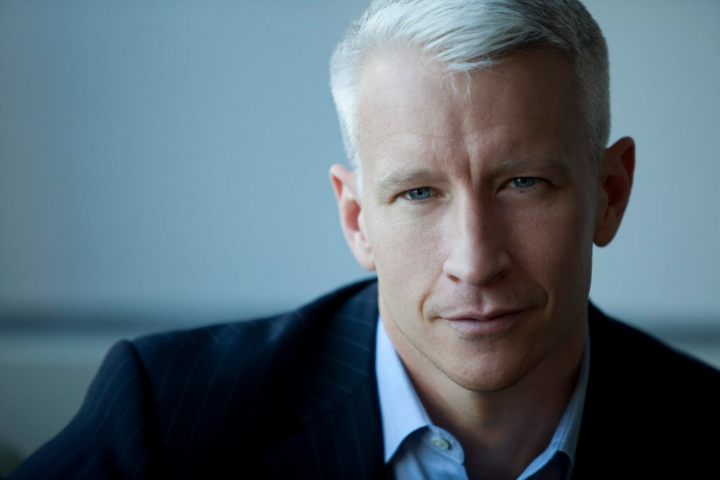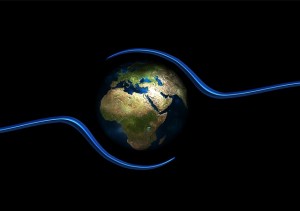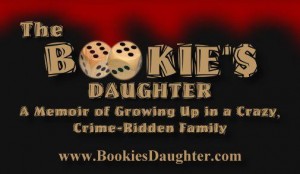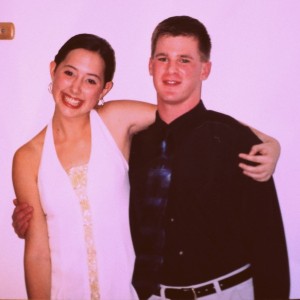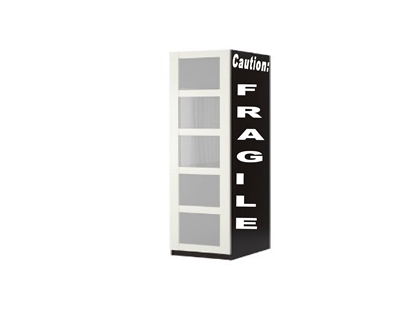 “To be closeted is to be ‘dishonest,’ to be out, ‘making a big deal.’ It’s not just about the fundamentalists and the queer-bashers—good, decent liberal people with the best of intentions can make negotiating the heterosexual world tiring, traumatising and even occasionally dangerous.” ~blogger tiger beatdown
“To be closeted is to be ‘dishonest,’ to be out, ‘making a big deal.’ It’s not just about the fundamentalists and the queer-bashers—good, decent liberal people with the best of intentions can make negotiating the heterosexual world tiring, traumatising and even occasionally dangerous.” ~blogger tiger beatdown
RIFF (spoken): I know Tony like I know me. I guarantee you can count him in.
ACTION (spoken): In, out, let’s get crackin’. ~Stephen Sondheim, “Jet Song,” West Side Story
Anderson Cooper’s coming-out announcement was met by a cacophonous chorus of reactions: “You call this news?” “How brave!” “I’ve been expecting this for years.” “God, he’s hot.” “Pray for him; he’s heading for hell.” This is how the conversation of our time goes. People who actually share the same earth under their feet and sky over their heads can perceive the world with such opposite convictions. But Cooper is in the establishment, an anchorman on CNN, as main as mainstream news comes. Cooper is for everyone—he’s handsome, dashing, exquisitely informed, empathetic, and cool as a summer vodka. These are trying times, and he keeps us calm. What is not to love about him? We feel we know him, and we want to claim him for our own. We all want a piece of Anderson Cooper. (And of course that includes me, because here I am, writing about him.)
I have been feeling in the past month or so as if the naysayers—the opponents of the equality we hold as such a dear goal—have become louder, angrier, and bolder than ever. On the Equality Mantra, the page I administer on Facebook, we have to monitor vigilantly, to comb for the really nasty trolls. But here’s the thing. The anti-believers—okay, okay, the “pro traditional marriage” set—are clinging to their assertions as if their very lives depended on it, while the sea around their leaking lifeboat is rolling with change and progress. And they absolutely remain a negative force to be reckoned with.
Part of the opposition to the LGBT rights activists is an opposition to Barack Obama. There is a correlation between the fundamental Christianity and disdain for all things LGBT and that a black man lives in the White House. When Obama endorsed marriage equality, those who are hanging on, by a crooked thread, to the notion that LGBT citizens are inherently lesser—well, they weren’t going to sit down for that, and they sure don’t want to go down without a fight, which can be vicious and deadly.
All this is by way of setting the stage onto which Anderson Cooper has stepped out of his glass closet. Depending on your worldview, he is hero, snob, sinner, scapegoat.
But in all this hoopla, let us not forget that Anderson Cooper had no obligation to share anything about his personal life with the public. He was no more obligated to announce that he is gay than, say, Brian Williams is to pen an eloquent blog, announcing that yes, folks, he is straight.
The “studied boredom” reactions to Cooper’s announcement betray the reality that it is still very big news for a big celebrity to come out. We pay attention precisely because we still draw a line of demarcation between straight and LGBT, and, never the twain shall meet—at least not so far, in our history. We certainly do look forward to the day that sexual orientation is about as important to us as eye color, but sadly that is not today.
I don’t know Anderson Cooper personally (and neither do you; correct me, if I’m mistaken). We know that in 2007 he wrote a critically acclaimed memoir, Dispatches from the Edge, about his experiences as a journalist traveling to cover crises all over the world. But there was no mention in that book of his sexual orientation, and that is because that fact doesn’t have an iota to do with the subject matter of his book. We know he grew up a son of wealth and privilege, and that he is well educated. We know he is handsome, because we can see that by looking at him on our TV screens, any day of the week. But, unless we too grew up gay, and until the age of 45 never talked about it publicly, we cannot judge; we can only observe, applaud or criticize, and draw our own biased conclusions about his finally coming out.
We know some other things, too. We know that in the year of Anderson Cooper’s birth, 1967, the Stonewall riots were still two years off, and that the LGBT closet was still very dark and deep. We know that when Ellen DeGeneres made gigantic waves by coming out on national TV in 1997, Anderson Cooper, at age 30 solidly in adulthood, had already been in the public eye for 27 years (at 3, he appeared on the Tonight Show; from ages 10 to 13, he worked as a Ford model). And we are painfully aware that in many parts of our planet right now, in 2012, a large segment of the human population continue to risk harm and punishment, simply for having been born LGBT. It is in this dangerous world that Anderson Cooper has circulated for his entire professional career, and into which he came out.
So, before we toss around our “studied boredom” and our “oh, so what?” responses to his coming out, consider his words: “Even though my job puts me in the public eye, I have tried to maintain some level of privacy in my life. Part of that has been for purely personal reasons . . . But I’ve also wanted to retain some privacy for professional reasons. Since I started as a reporter in war zones 20 years ago, I’ve often found myself in some very dangerous places.” That there is risk even for a man of Cooper’s means and advantages is a grim reminder of the ever-present perils of coming out for average men and women.
And let’s remember that even in the relatively coddled environment in which the rich and famous—including Anderson Cooper—dwell, not everyone in America loves and accepts you for who you are—far from it, and the walls of the glass closet can still make you bleed when they come tumbling down.
The Door to Anderson Cooper's Glass Closet,
